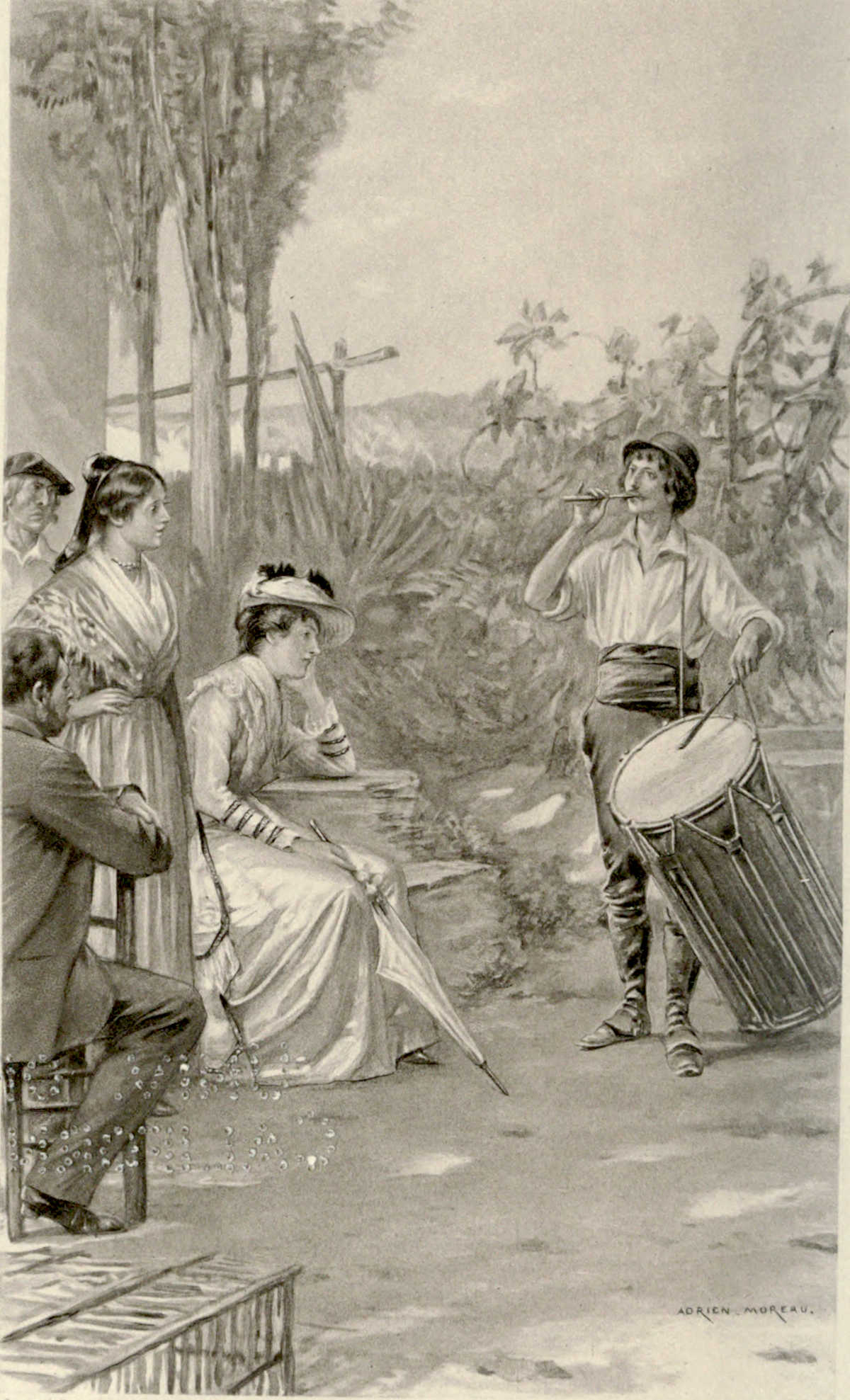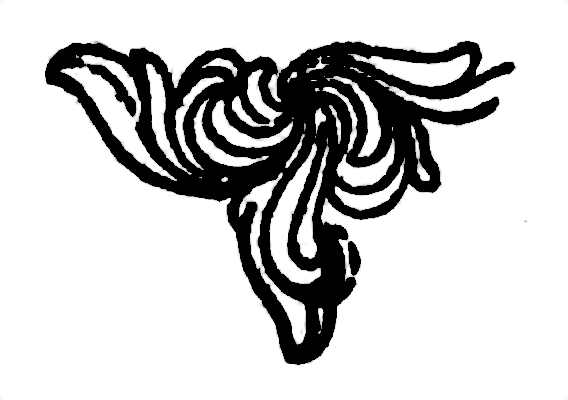
NUMA
ROUMESTAN
BY
ALPHONSE DAUDET
TRANSLATED BY
CHARLES DE KAY

BOSTON
LITTLE, BROWN & COMPANY
PUBLISHERS
Copyright, 1899, 1900,
By Little, Brown, and Company.
All rights reserved.
University Press:
John Wilson and Son, Cambridge, U.S.A.
[1]
CHAPTER I.
TO THE ARENA!
That Sunday—it was a scorching hot Sundayin July at the time of the yearly competitions forthe department—there was a great open-air festivalheld in the ancient amphitheatre of Aps inProvence. All the town was there—the weaversfrom the New Road, the aristocrats of the Caladequarter, and some people even came all the wayfrom Beaucaire.
“Fifty thousand persons at the lowest estimate,”said the Forum in its account the next day; butthen we must allow for Provençal puffing.
The truth was that an enormous crowd wascrushed together upon the sun-baked stonebenches of the old amphitheatre, just as in thepalmy days of the Antonines, and it was evidentthat the meet of the Society of Agriculture wasfar from being the main attraction to this overflowof the folk. Something more than the Landeshorse-races was needed, or the prize-fights for menand “half men,” the athletic games of “stranglethe cat” and “jump the swineskin,” or the contests[2]for fifers and tabor-players, as old a story to thetownspeople as the ancient red stones of the Arena;something more was needed to keep this multitudestanding for two hours under that blinding, murderoussun, upon those burning flags, breathing in anatmosphere of flame and dust flavored with gunpowder,risking blindness, sunstroke, fevers and allthe other dangers and tortures attendant on whatis called down there in Provence an open-airfestival.
The grand attraction of the annual competitionswas Numa Roumestan.
Ah, well; the proverb “No man is a prophet”etc. is certainly true when applied to painters andpoets, whose fellow-countrymen in fact are alwaysthe last to acknowledge their claims to superiorityfor whatever is ideal and lacking in tangible results;but it does not apply to statesmen, to politicalor industrial celebrities,